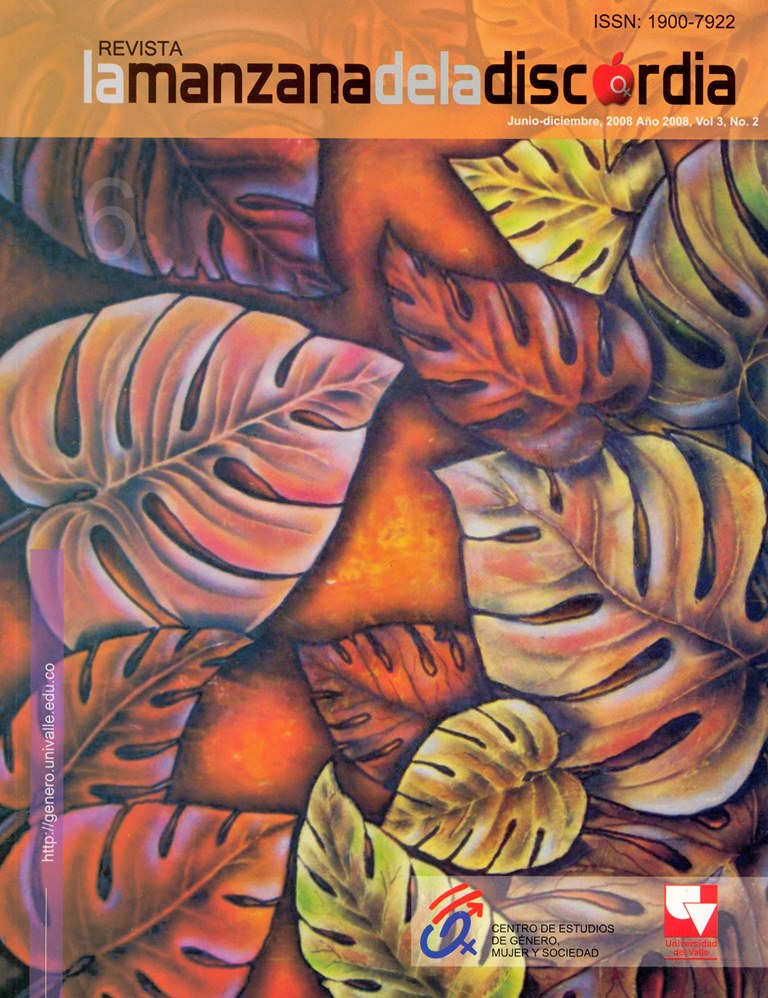Sab, el romanticismo de la desilusión y su hálito eufórico
Contenido principal del artículo
Resumen: El ideal romántico de amor influye en las
mentalidades femeninas más ilustradas del siglo XIX;
tal es el caso de Carlota, la protagonista de la novela
abolicionista Sab (1841), novela de la autora cubana
Gertrudis Gómez de Avellaneda (1814-1873). Carlota,
una mujer que se duele de la condición de esclavitud en
que están subyugados los negros en la isla de Cuba, ha
sido educada por su padre, un hombre también
romántico que no dirige su vida por el «positivismo». Es
precisamente esa mujer que hemos denominado ilustrada
por inspirar su conciencia política bajo los principios
republicanos de la igualdad, la libertad, y la fraternidad,
la que vive, en gran parte de la novela, una ilusión
romántica. Hasta que al final, el romanticismo se enfrenta
con la realidad masculina, positivista e impositiva de su
esposo y sociedad general. Es en este punto donde toma
conciencia del sofisma vivido y asume la desilusión como
una postura de vida, desilusión que está reforzada
simbólicamente por el retiro al claustro de su amiga
Teresa.
Palabras clave: novela, romanticismo, Cuba, género,
esclavitud, Gertrudis Gómez de Avellaneda.
Abstract: The Romantic ideal of love influences the
most illustrated feminine minds of the nineteenth century;
such is the case of Carlota, the protagonist of the
abolitionist novel Sab (1841), by Cuban author,
Gertrudis Gómez de Avellaneda (1814-1873). Carlota,
a woman who is pained by the condition of slavery of
black people in Cuba, has been educated by her father,
an also pro-Romantic man who does not lead his life
according to «positivism.» It is precisely this woman we
have called illustrated due to her political conscience,
inspired in the republican principles of liberty, equality,
and fraternity, who lives throughout most of the novel, a
romantic illusion. Finally her Romanticism confronts
masculine reality, positivistic and overbearing,
exemplified by her husband and society in general. It is
at this point that she becomes aware of her mistake, and
accepts disappointment in her life, disillusionment which
is symbolically reinforced by her friend Teresa’s
withdrawing to the cloister.
Key words: novel, romanticism, Cuba, gender, slavery,
Gertrudis Gómez de Avellaneda.

